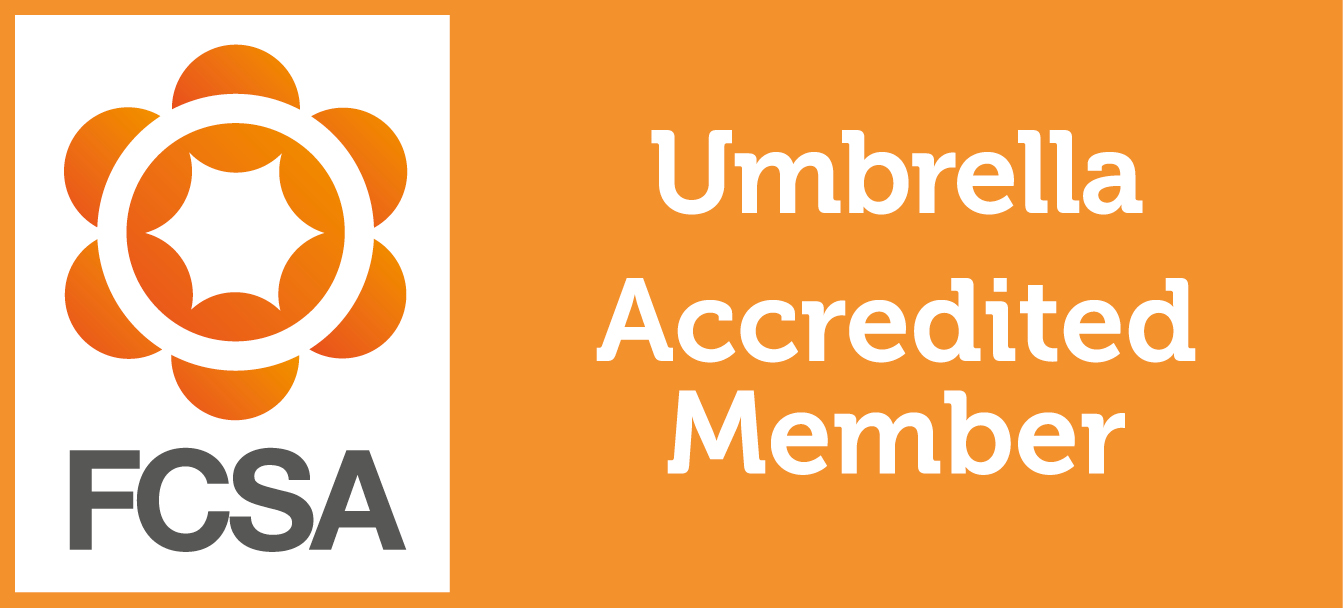As of 6th April 2016, dispensations were revoked as detailed in the Finance Act 2016. Umbrella companies now cannot process expenses for tax relief purposes via salary sacrifice for any contractor who is unable to show that they are not under the Supervision, Direction or Control (or the right thereof) of the client.
*Mileage under the AMAP scheme can still be paid for multi-site workers (travelling to several workplaces in a single working day).
Prior to the travel and subsistence expenses changes in April 2016, the most common term that was used in marketing by umbrella companies was ‘dispensation’. But what does it really mean?
HMRC’s definition is “a dispensation is a notice, issued by an Inspector, which relieves you from reporting details of expenses and benefits on forms P11D or P9D”
So… what is a dispensation and why was the term so over used?
Almost all umbrella Companies had dispensations because they saved time and therefore money. If an umbrella company didn’t apply to HMRC for a dispensation, they had to record every single expense that every single contractor claimed on a form which is called a P11D; as well as that, every expense had to be accompanied by a receipt.
Could contractors claim whatever is on the umbrella company’s dispensation as an expense every day, even if they hadn’t spent anything?
Of course not! Contractors can only claim as an expense, what they have spent, and that cost must be wholly and exclusively incurred because of the contract.
Is the dispensation an ‘HMRC approved’ expenses policy?
No. HMRC don’t approve anything – the dispensation was just there to save time.
What happens if a contractor claims an expense they didn’t actually incur?
The HMRC investigation window is 6 years, so contractors’ finances could be looked into at any point during this time. If an umbrella company pushed un-receipted expenses or heavily focused on unrealistic take home pay and that company is subsequently investigated, it’s likely that the contractor will have HMRC knocking on their door too!
This is why recruiters must feel totally confident in their recommendations of umbrella companies, whether it’s a formal agreement or an informal recommendation. To pass on a company’s details you must have absolute assurance that they only offer best practice advice that won’t cause them or their contractor back taxes, penalties, or extra stress through poor advice.
If you have any further questions after reading this or would like some more information, please contact a member of our team on 01206 591 000 or email jaime.thorpe@contractorumbrella.com.






